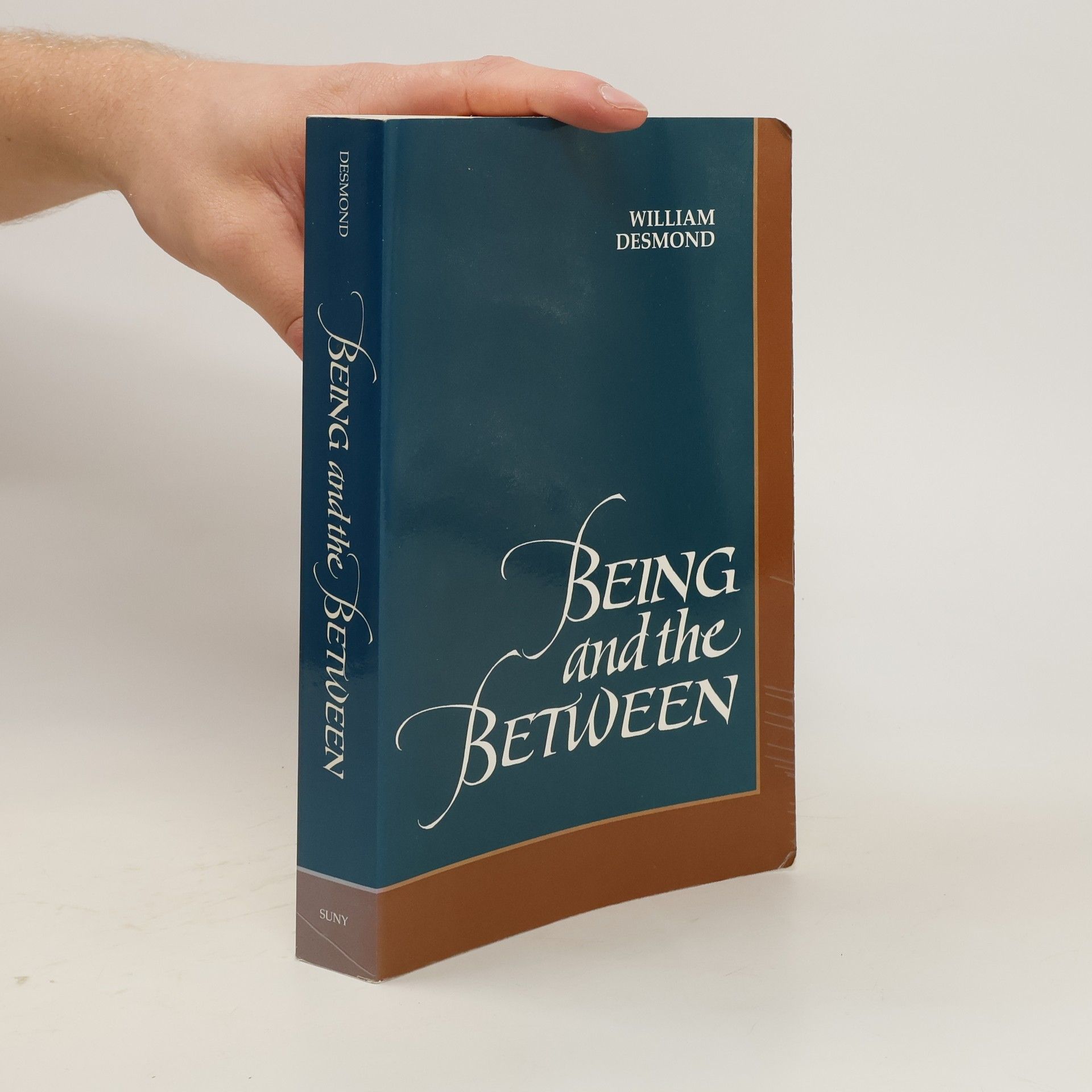Exploring the intersection of philosophy and theology, this work delves into profound questions about divine influence and human understanding. William Desmond presents a thoughtful examination of how these disciplines overlap, offering insights that challenge conventional perspectives. Through a blend of rigorous analysis and reflective inquiry, the book invites readers to consider the implications of divine presence in everyday life and the philosophical ramifications of such beliefs.
William Desmond Book order (chronological)
William Desmond delves into intellectual history, with a focus on the Greek classical period and modern receptions of antiquity. His work explores themes of virtue ethics, political philosophy, historiography, and metaphysics, often examining ideals such as the union of power and wisdom and their historical variations. He also investigates the influence of ancient 'dog philosophers' and their enduring legacy. Desmond's current research considers 19th-century German engagements with Greek and Roman cultures, particularly among Idealist and Romantic writers, alongside his interests in Homer, mythology, and modern process thought.



Alan Parker lift door Maine naar het ziekenhuis waarin zijn moeder is opgenomen. Onderweg wordt Alan opgepikt door een afschuwelijke oude man en dan door een nog veel gruwelijker wezen: een dode chauffeur die hem dwingt tot een verschrikkelijke keuze. Achtbaan is het eerste dat Stephen King na zijn ongeluk schreef. Het was ook zijn eerste e-boek (Riding the Bullet), wat in Nederland en Vlaanderen voorpaginanieuws was. De enorme publiciteit voor King heeft zijn naamsbekendheid alleen maar groter gemaakt.
Being and the Between
- 557 pages
- 20 hours of reading
This is the culmination of a systematic metaphysics written by a world-class philosopher, demonstrating the need for a renewal of metaphysics.